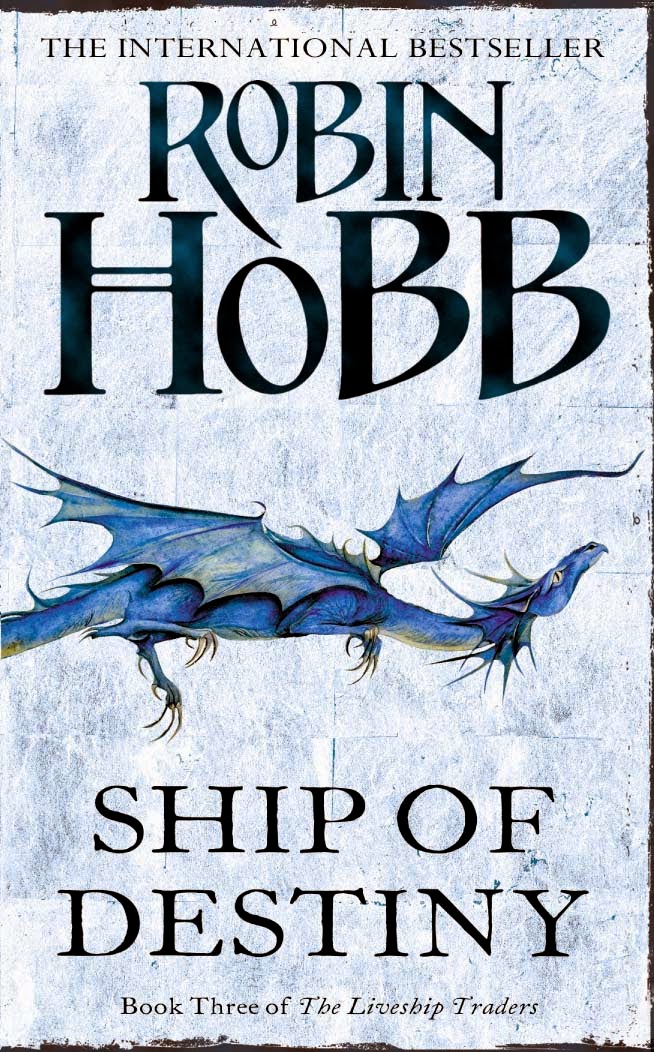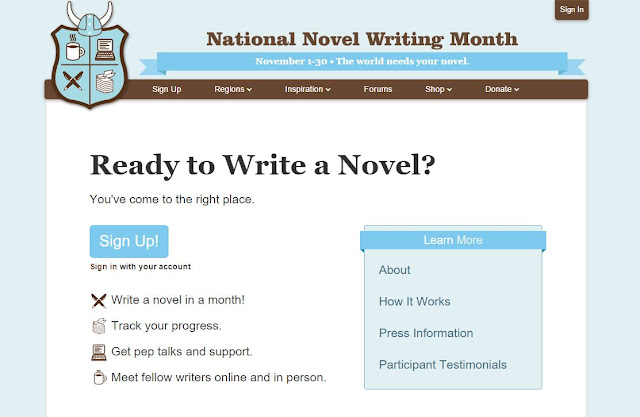REVIEW - SHIP OF DESTINY
Ship of Destiny, the thrilling
conclusion to Robin Hobb’s Liveship Traders trilogy, is everything you want the final book of a fantasy trilogy to be. All of the final
confrontations, battles, explanations and goodbyes are thoroughly satisfying –
in fact, perhaps too much so. Compared to its predecessor (the
not-entirely-unrelated Farseer Trilogy)
everything in this series feels almost too neatly resolved. The quality of
Hobb’s writing continues to tell a deeply engaging tale throughout Ship of Destiny, and although the fate
of the central characters is explained to a satisfying depth, doors are left
open as to how the protagonists’ actions seem destined to change the world
order of Hobb’s universe.
I must thank the friend who encouraged me to begin reading Robin Hobb, for she has quickly become one of my favourite fantasy authors. Her writing is always engaging and never predictable and I am eager to see what becomes of her universe in throughout the next trilogies.
The events of Ship of Destiny are set in a sea-trading
settlement, ‘Bingtown’, its allied, upriver trade partner 'Trehaug' and other
significant ports in the area – including several pirate settlements. Life in
each of these very different places is described holistically, and the reader
gets a sense of what life might be like for very different types of people;
traders (wealthy merchant families), pirates, slaves, sailors, royalty – even
certain animals are given voice. This multitude of settings and narrators is
part of what makes the story so compelling; the diversity of perspectives generates a deeply three-dimensional world.
Only one character from the first
trilogy carries over to the second – and even then, you do not realise the
identity of this person until the last pages of the book. However, the extent
to which the events of both trilogies affect the world of the other is of
dramatic importance. Again, showcasing her stunning writing abilities, Hobb
manages to weave the drama of the personal into the wider web of politics and
history in her realm, and the characters she writes about continue to have real
(flawed) personalities. Some are bossy, selfish, cruel (even psychotic), and
yet far from isolating any one type of person as ‘bad’ we read from the
perspectives of all, and are left to make our own judgements of her creations.
The version of dragons presented
by Hobb in Ship of Destiny is far
superior to those in any other realm I have read about. The social order
Tintaglia (the first dragon to be resurrected) describes makes sense, so much
so that it amazes me that that nobody has written dragons like this before. Proud, and
vain, with egos to match their impressive physical size, the dragons of Hobb’s
world envision a society in which they are the dominant beings. Compared to
humans, they are infinitely more powerful, intelligent and live much longer
lives. Using all the same factors that we use to determine ourselves superior
to animals, dragons determine themselves superior to humans. But, like most humans in the
real world would, many of the main characters meet this idea with utter
disbelief, illustrating just how short-sighted humanity can be. Selden Vestrit,
one of the characters able to empathise with dragons and see the bigger picture,
articulates a fact that is true of both his universe and ours when he tells
another character, “There are many ways for different folk to live alongside
each other, Reyn Khuprus.” This kind of open-mindedness is so relevant to the
real world, and it is here that Hobb’s skill lies. She is able to draw the
reader towards ideas that seem profound within the setting, but are really just
truths borne of the kind of empathetic worldview that humanity should adopt.
What Selden says to Reyn should be a truth realised by all, and yet the idea of
peaceful coexistence with people who are different from ourselves is just as
difficult for us to realise as it is for the characters in The Liveship Trilogy. Hobb’s
prose is beautiful, but also deeply insightful.
The last major fantasy series I
was reading before I was introduced to Hobb was A Song of Ice and Fire, by George RR Martin. Consequently, I
find myself comparing their styles frequently. After reading six of Hobb’s
books and four of Martin’s I must conclude that her writing is much more
enjoyable than his. Although both stories are intriguing, Martin’s universe is
so complex that even he cannot remember all of the lore and history – the evidence
being that he has needed to collaborate with the co-authors of a wiki dedicated
to his universe to write an encyclopaedia about the 'Realm of Ice and Fire' in
order to get all his facts straight before completing the next book of his
trilogy.
Hobb’s writing similarly follows a whole host of disparate yet intertwined
storylines, and contains complex lore and history, however she keeps her series far more readable, and never deliberately strives to make you wait to find out
what happens next. If two or more characters happen to be at the same place or
event, regardless of how significant or exciting it might be, she will continue
to tell the story. With Martin, it always feels as though he deliberately
chooses to write next about the character that is the farthest removed from the
action that has engrossed you throughout the current chapter.
Ship of Destiny can only be faulted in one small way. The
fate of all the characters is uncharacteristically neat and happyily resolved compared to
the usual harshly realistic direction Hobb’s writing takes. Obviously, spoilers
would abound was I to say anymore, and as a reader, I was happy that the
characters I was emotionally attached to all seemed to get their way, however
it did not feel as honest as Hobb’s other endings.
I must thank the friend who encouraged me to begin reading Robin Hobb, for she has quickly become one of my favourite fantasy authors. Her writing is always engaging and never predictable and I am eager to see what becomes of her universe in throughout the next trilogies.



Comments
Post a Comment